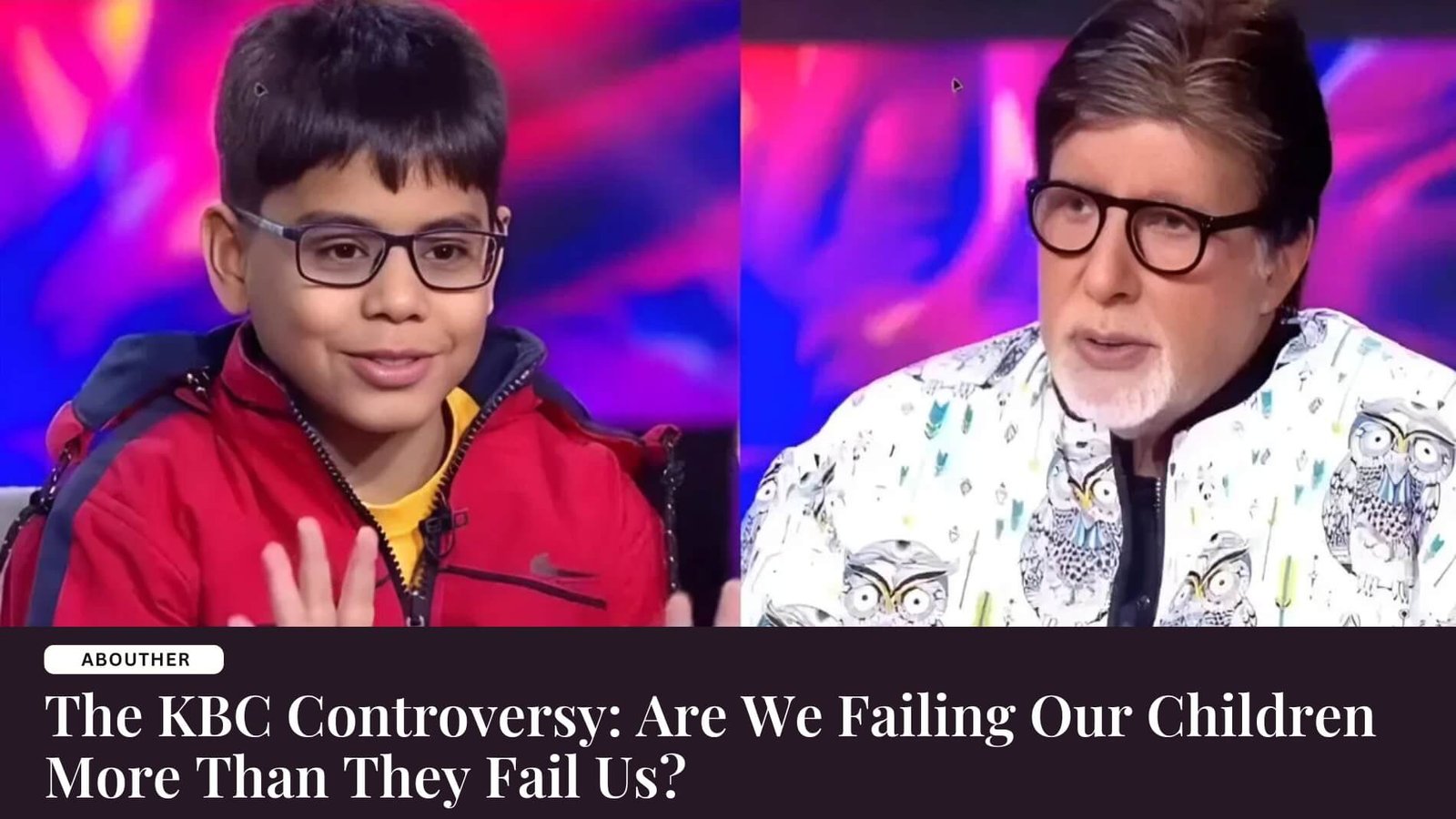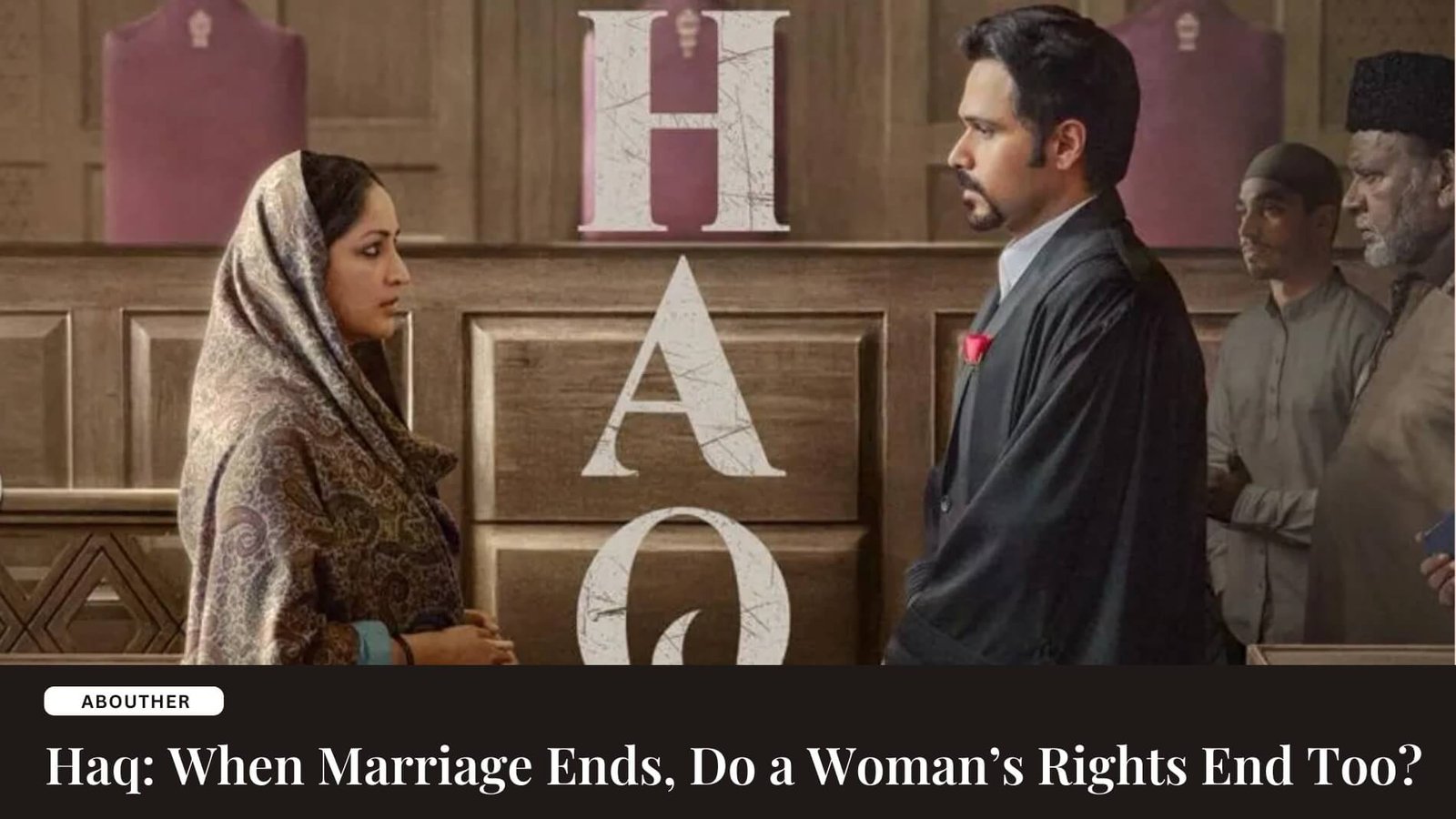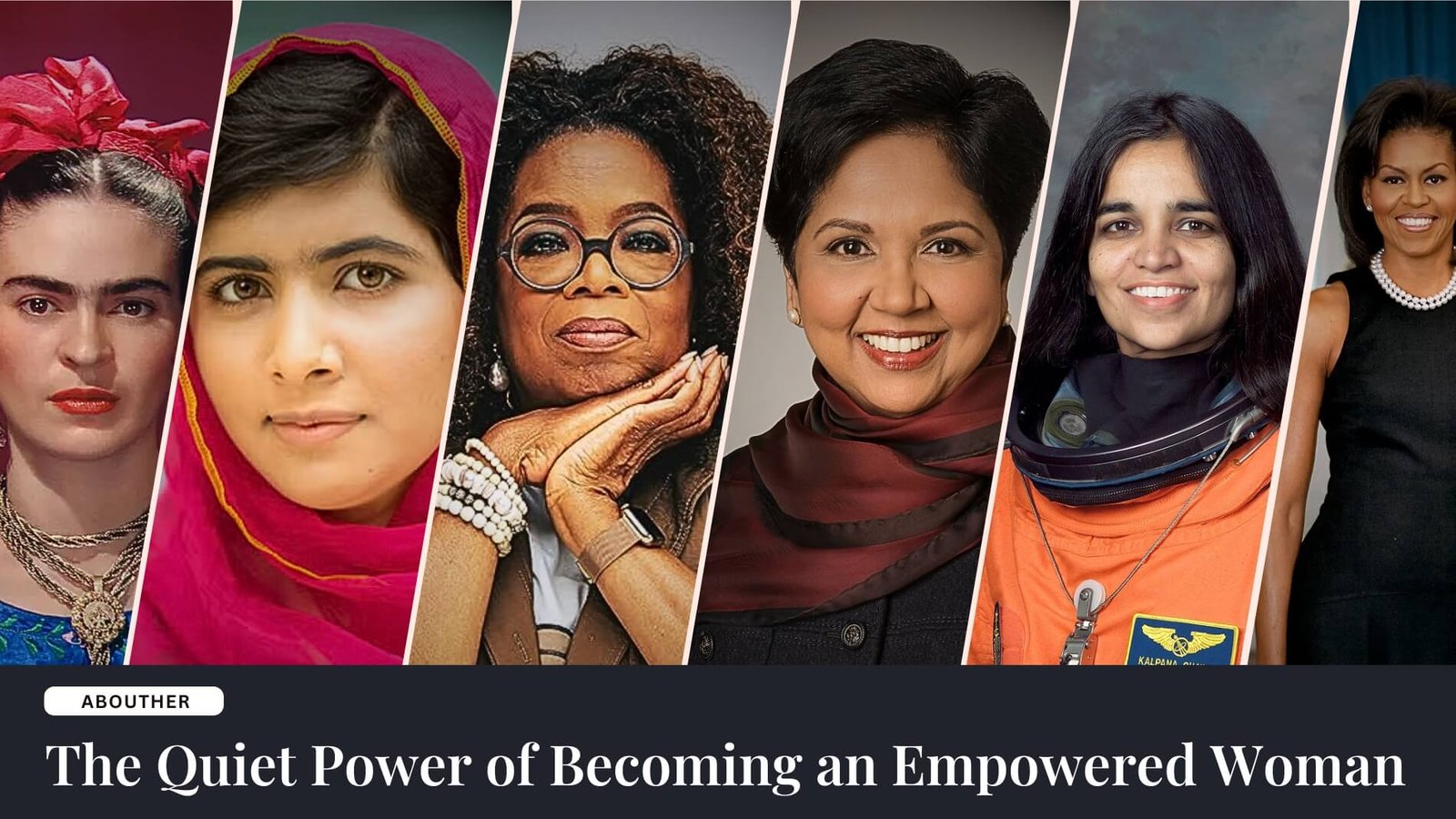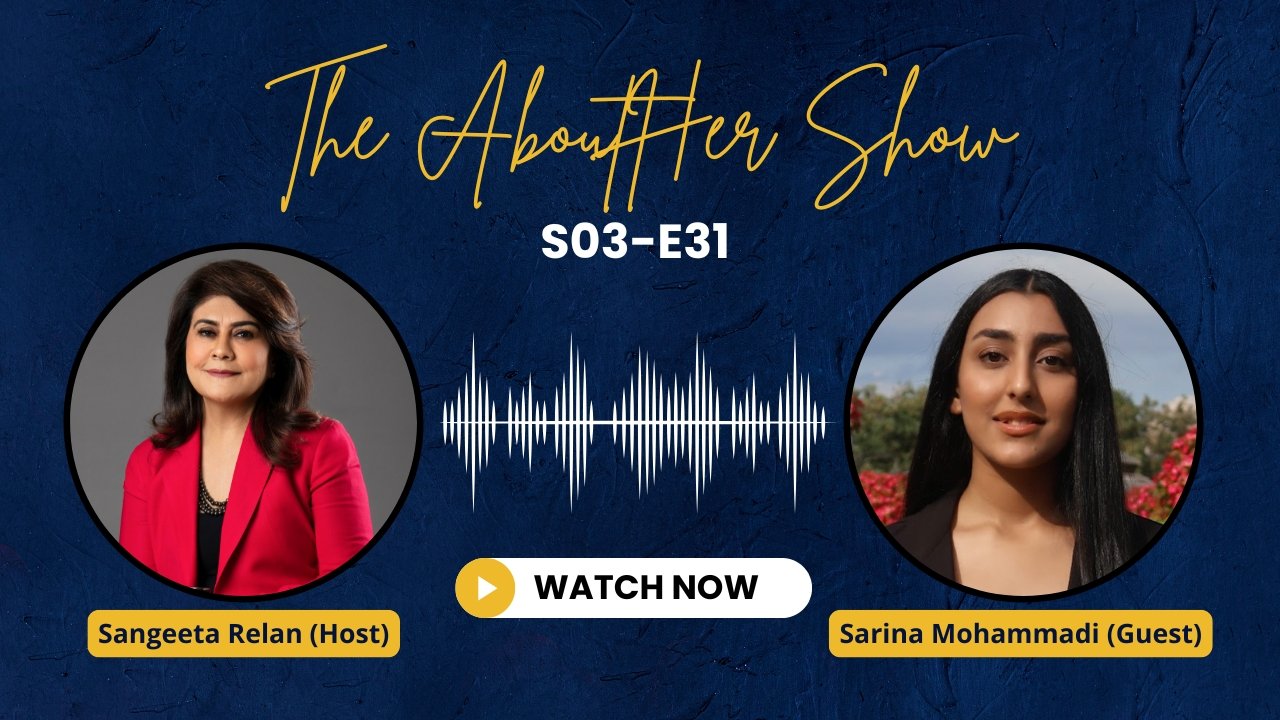The KBC Controversy: Are We Failing Our Children More Than They Fail Us?
When ten-year-old Ishit Bhatt took the hot seat opposite Amitabh Bachchan on Kaun Banega Crorepati, the nation watched with admiration, curiosity, and excitement. After all, it’s not every day that a child gets to sit across from one of India’s most respected icons, facing the lights, cameras, and millions of viewers.
But what began as a moment of joy and pride soon turned into an online spectacle. Within hours of the episode airing, social media platforms were flooded with clips, comments, and memes. The young contestant was criticised for being “arrogant,” “overconfident,” and “disrespectful.” His mannerisms, tone, and responses were dissected endlessly. What should have been a celebration of a child’s intelligence and courage became a trial of his upbringing, and the parents were quickly placed in the dock.
The Child Under Pressure
Let’s take a moment to imagine the reality of that moment.
A ten-year-old, under blinding lights, with hundreds of people in the studio audience, cameras zooming in on every blink and gesture, and the towering presence of Amitabh Bachchan sitting across from him. How many adults would stay perfectly composed in such a setting?
We often forget that children are not performers, they are learners. Their emotions, excitement, and anxiety play out in real time. Sometimes it shows as nervous laughter, sometimes as over-enthusiasm, sometimes as misplaced confidence. That’s what makes them children.
So yes, perhaps some of Ishit’s responses seemed precocious or slightly out of place. But is that reason enough to strip him of his dignity? To make him the subject of national ridicule?
The Parents Under Fire
It didn’t take long before the conversation turned to his parents. “Where are the manners?” “Why didn’t they teach him humility?” “Kids these days are spoiled.”
Comments like these flooded social media.
But are the parents solely to blame?
Also Read: 10 Simple Acts of Kindness That Cost Little to Nothing
Parenting today is a delicate tightrope walk. On one side is the expectation to raise confident, articulate, self-assured children who can hold their own in a competitive world. On the other is the demand that they remain humble, polite, and deferential. Society often sends contradictory messages, encouraging ambition while condemning assertiveness, especially in children.
We ask parents to raise children who can compete, lead, and express themselves, and yet, when they do, we criticise them for being “too much.” Perhaps, in our rush to judge, we forget how complex it is to navigate this balance in today’s hyper-stimulated world.
What About the Society Around Them?
Even if we insist on finding fault, should the parents be the only ones to shoulder it? What about the society that surrounds and shapes every child?
We live in a time when aggression is mistaken for confidence and volume for authority. Our television debates resemble boxing matches, with news anchors shouting over one another. Social media rewards outrage and sarcasm more than kindness or thoughtfulness. We are constantly fed the idea that to be noticed, one must be louder, sharper, and more aggressive than everyone else.
What, then, is a child learning from all this?
When the adults in their world, the supposed role models, are bickering on screens, mocking others online, and celebrating viral takedowns, why are we surprised when a child reflects a fraction of that behaviour? Children absorb what they see far more deeply than what they are told.
In such an environment, is it fair to expect a ten-year-old to display perfect decorum under stress? Or to expect his parents to have built an invisible shield against all social influences?
The Hypocrisy of Outrage
Even if one were to say, “Yes, the child should have behaved better,” the question remains, what are we doing now?
Grown adults, many of them educated, articulate, and emotionally mature, are tearing apart a ten-year-old online. There are memes mocking his tone, jokes about his parents, and endless comment threads debating his “attitude.”
This isn’t accountability. It’s cruelty disguised as concern.
We have created a culture of instant outrage where empathy has no time to catch up. We claim to correct behaviour, but what we’re really doing is perpetuating emotional harm. A child who made a few socially awkward comments is now being called names by strangers. Do we realise the psychological impact this could have?
We talk endlessly about children’s mental health, yet in moments like these, our actions betray how little we truly understand it.
What Are We Teaching Him Now?
Let’s think about the message we are sending to Ishit Bhatt and every child who has seen this unfold.
We are teaching them that one slip-up, one misplaced word, one misunderstood moment can make you a target. That millions of people you’ve never met can decide who you are and what your worth is. That kindness and forgiveness are not guaranteed, even when you’re ten years old.
What are we teaching them about resilience, about compassion, about second chances?
And more importantly, what are we teaching them about adults?
Because if adults can’t behave with sensitivity and restraint, how can we expect children to? If we mock, ridicule, and over-analyse a child’s behaviour, are we really any better than the child we accuse of being “ill-mannered”?
The Larger Lesson
This controversy isn’t just about a television show. It’s a symptom of the times we live in, an age of public judgment, where the line between accountability and cruelty has blurred.
Also Read: The Truth About Femininity- What It Isn’t, What It Really Is
We’ve normalised criticism without context and outrage without reflection. But in doing so, we’ve also normalised emotional violence.
If we, as a society, truly care about raising emotionally intelligent, grounded, and empathetic children, we need to begin by modelling that behaviour ourselves. That means:
- Choosing empathy over mockery.
- Understanding context before reacting.
- Remembering that children learn by example — ours.
A Call for Compassion
Perhaps what the Ishit Bhatt episode should remind us of is not how children need to behave better, but how we, the adults, need to listen, understand, and protect better.
Because behind every viral clip is a human being. Behind every so-called “attitude problem” is a child trying to find his place in a world that’s often impatient and unkind.
It’s easy to judge from behind screens. It’s harder to extend grace.
And maybe that’s the real test we are all failing.
So, before we rush to comment, share, or joke, let’s remember: the boy on that screen is just ten years old. He will grow, evolve, and learn. But the internet never forgets, and neither will his heart.
The real question is not whether Ishit Bhatt behaved appropriately on KBC.
The real question is — did we?
Share This On Social
![Sangeeta-Relan-AH-525×410[1]](https://aboutherbysangeeta.com/wp-content/uploads/2024/06/Sangeeta-Relan-AH-525x4101-1.jpeg)
I’m Sangeeta Relan—an educator, writer, podcaster, researcher, and the founder of AboutHer. With over 30 years of experience teaching at the university level, I’ve also journeyed through life as a corporate wife, a mother, and now, a storyteller.
















